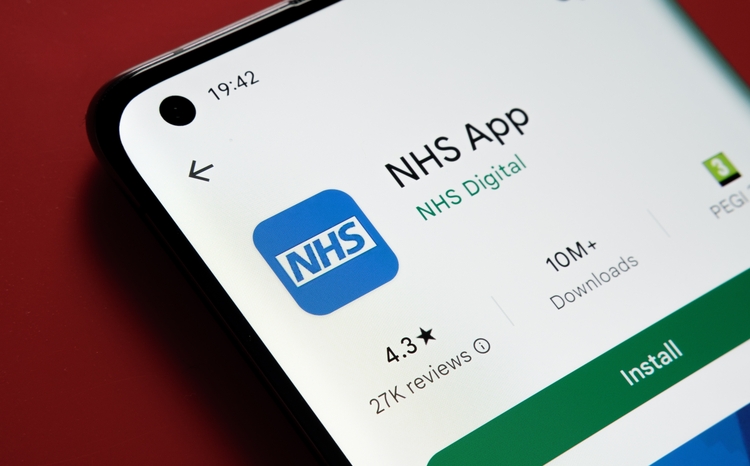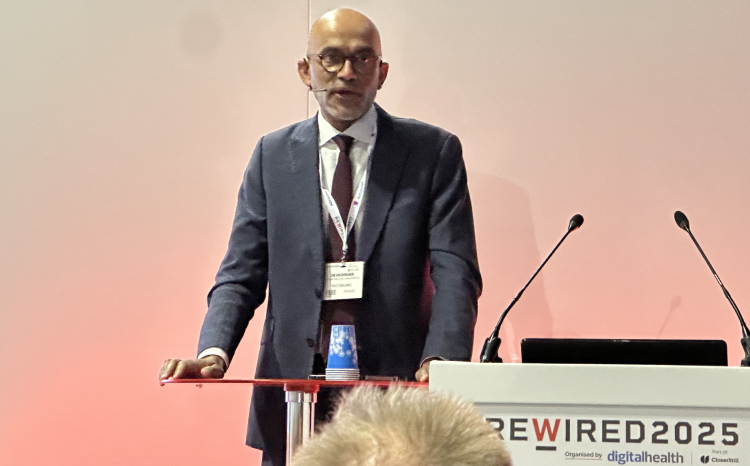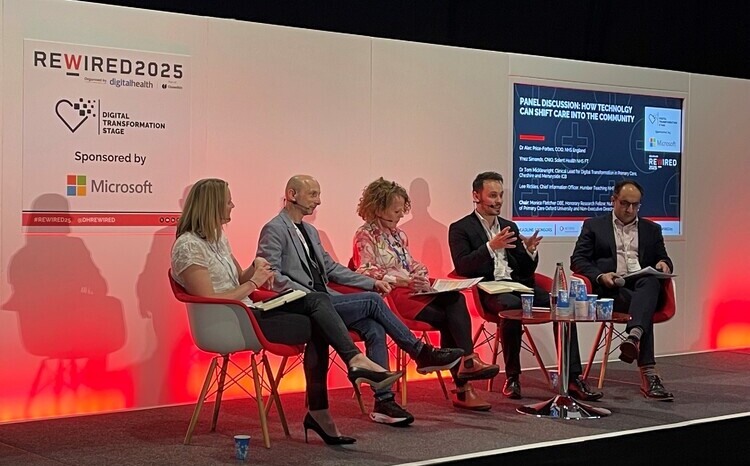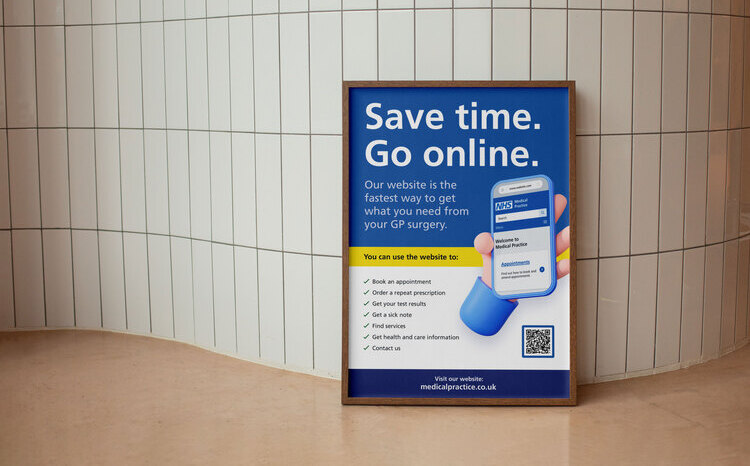Why technology is key to cutting elective waiting lists
- 15 January 2025

At the end of 2024, around one in nine people in England were waiting for elective care, with more than two-fifths waiting for more than 18 weeks. Vin Diwakar, national director of transformation at NHS England, argues that technology has a key part to play in cutting waiting lists and reforming elective care
I became aware of how vital technology is for the NHS while working as an NHS doctor for many years.
As the national director for transformation at NHS England, it’s now my job to make sure NHS staff have the technology they need to do their jobs effectively so that patients get the level of care they rightly expect.
We need to improve basic digital infrastructure, modernise our data platforms, develop the NHS App, have a thriving system for innovation and improvement, and maximise the value of our national digital services.
Last week, the government and NHS England published a new plan to cut waiting times for the millions of patients who need treatment from the NHS.
Our new plan sets out how we will reform elective care services to deliver 40,000 extra appointments a week, leading to 92% of patients being treated within 18 weeks from referral by March 2029. Technology will play a key role in ensuring it’s a success.
More than 10 million of us are already logging into the NHS App every month to manage our healthcare – whether ordering a repeat prescription or checking advice on a medical condition.
We want to make the NHS App the digital front door for the health service, so that patients can manage their healthcare from the palm of their hands – and to create a single patient record, owned by the individual, so that healthcare staff have a full picture of a patient wherever they go in the NHS.
Last year we began the rollout of a new “ping and book” service that will send alerts through the NHS App to remind women they are due or overdue breast or cervical screening appointments, to help improve uptake and save thousands of lives.
We will continue to add new features to the app over the next few years to make it as easy as possible for patients requiring non-emergency treatment to view and manage appointments, choose where to get treated, book diagnostic tests and receive test results quickly. As a first step, patients at over 85% of acute hospital trusts will be able to view appointment information using the NHS App by the end of March 2025.
We want to make the NHS App the digital front door for the health service
In today’s digital age, accessibility is essential. The NHS App and NHS website must be usable by everyone – and we’ve made it possible to navigate them using speech recognition software, listen using screen readers and read by zooming in by up to 200%. By leveraging these tools, we can ensure that everyone has equal access to essential healthcare services, moving towards a more inclusive digital future.
The federated data platform will also play a key role in improving the efficiency of the NHS. The IT platform will help ensure operating theatres aren’t left empty when they could be providing life-changing treatment – and that integrated care boards have the insights needed to tailor early preventative services for their communities.
This innovative IT software, which is designed to tackle waiting lists and reduce discharge delays, has already been rolled out across more than two thirds of the NHS and we plan to reach 85% of secondary care trusts by March 2026.
The platform securely brings together data currently held in separate systems, making it easier for staff to access key information so they can provide quicker and more joined-up care for millions of patients across the country. It includes smart scheduling to improve the use of operating theatres, and better tracking information so that patients can be sent home quicker after treatment.
The NHS e-Referral Service (e-RS) is another national digital tool that will be key in cutting waiting lists by making it easier for NHS staff to make referrals and book appointments immediately. We’ll make improvements to the way referrals are accepted, standardise referral information to improve communication, and widen access to the e-RS system – significantly reducing the need for paper-based or phone-call referrals.
We also want to tackle the millions of missed appointments every year by improving communication systems between patients and clinicians, and using AI to predict missed appointments. Work is already underway to pilot AI services that identify patients more likely to miss appointments and provide support, such as free transport, to those most in need.
All of these changes are part of a comprehensive set of reforms for the NHS that will help us provide personalised care for patients where they can decide when and where they will be treated.
You can read more about our plan to reform elective care – and how technology will help make the NHS fit for the future – on the NHS England website.





